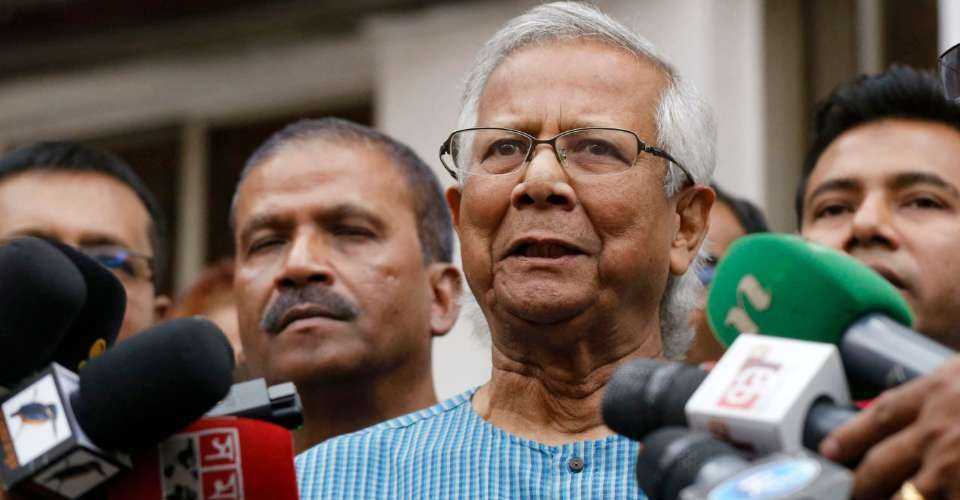
By Porimol Palma
The Vatican has joined ethnic minority leaders and global rights bodies to urge Bangladesh’s interim government to make the Constitutional Reform Commission inclusive by adding representatives from religious and ethnic minority communities.
The interim government, led by Nobel-laureate Professor Muhammad Yunus, recently formed the nine-member commission to recommend changes to make the 1972 constitution more inclusive and democratic.
The reform was initiated after former Prime Minister Sheikh Hasina fled the country on Aug. 5 following a bloody public uprising against her despotic 15-year rule, marked by corruption and rights violations.
However, all the commission members are Bengali Muslims, including its lone woman, Professor Sumaiya Khair.
Archbishop Kevin Randall, the apostolic nuncio of the Vatican to Bangladesh, wrote to Yunus on Oct. 22 that the interim government should continue to represent all citizens of Bangladesh, not just the majority.
“Without representation, their needs will be overlooked and their concerns forgotten. They become captives in their territory and subject to the majority as if second-class citizens,” the letter added.
The commission is one of six commissions meant to make reform proposals in the constitution, public administration, election, judiciary, police, and anti-corruption framework.
Analysts say the mass upsurge that ousted the Hasina regime spoke of a country that is inclusive and free of discrimination.
“This is a good opportunity to streamline our constitutional, legal, and regulatory reforms. However, the process of doing it should be inclusive,” said Uzzal Azim, a Garo Catholic and leader of Bangladesh Adivasi Forum, a leading ethnic minority rights body.
One of the longstanding demands of ethnic minority groups is constitutional recognition as “indigenous peoples” instead of current “small ethnic groups” or “tribals,” Azim told UCA News.
“We have long been demanding that the word ‘indigenous’ is used in the constitution and are calling on the interim government to do so,” he added.
The Bangladesh Constitution pledges to conserve “secularism” while also declaring Islam as its state religion.
“This is quite contradictory and creates confusion,” he said, adding that the constitutions must be duly reformed to maintain the nation’s multi-cultural and multi-faith character.
Regional and international groups have called for ending the “absolute exclusion” of indigenous peoples and religious minorities, besides inadequate representation of women in the commission.
On Oct. 8, the Denmark-based International Work Group for Indigenous Affairs (IWGIA) and New Delhi-based Rights and Risks Analysis Group (RRAG) wrote to Yunus urging him to reconstitute the commission.
The joint letter expressed dismay that no indigenous peoples and religious minorities have been included in the commission.
“The minorities have specific issues and aspirations that ought to be addressed under the Constitution of Bangladesh,” it said.
The letter further said the inclusion of only one woman in the reform commission violates the essential spirit of the public representation law passed in 2004.
Religious minorities make up 14 million in the Muslim-majority nation of more than 170 million, according to official figures.
Besides the majority Bengali group, the country has an estimated 1.6 million members from ethnic communities.
source : ucanews
